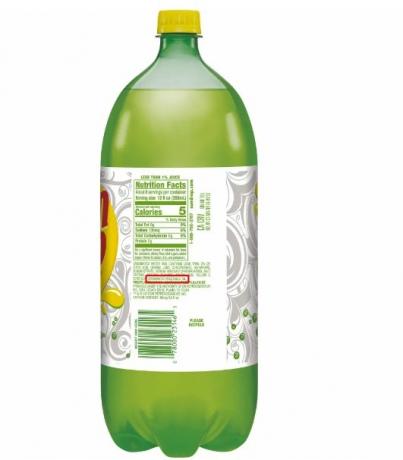
The United States Food and Drug Administration (FDA) announced that it is proposing to revoke the regulation authorizing the use of brominated vegetable oil (BVO) in foods, due to concerns about its security.
The FDA cited studies in collaboration with the National Institutes of Health (NIH) that identified potentially harmful health outcomes related to BVO use.
see more
Find out how to retire through INSS without having reached the minimum amount…
Discover the 30cm rule: the secret to powerful WiFi…
BVO, a stimulant citrus fruit additive, was previously used in beverages such as Gatorade, Coca-Cola, Pepsi and other products. It is still present in drinks like Sun Drop and some brands of soft drinks.

The FDA reported that toxicology reports provided conclusive scientific evidence supporting the proposal to remove BVO's food additive authorization. The agency had stopped considering BVO as “Generally Recognized as Safe” (GRAS) in 1970, when it began regulating vegetable oil.
Health concerns regarding BVO are related to one of its ingredients, bromine, which can cause irritation to the skin, nose, mouth and stomach. Additionally, bromine has been linked to neurological symptoms in people who consume large amounts of citrus sodas, usually more than 2 liters per day.
A BVO ban had already been implemented in the state of California, where Governor Gavin Newsom signed a bill banning the sale of foods containing four chemicals, including BVO. The law will go into effect on January 1, 2027, with fines of up to $10,000 for violations.
This ban is not unique to California, as the four ingredients in question, including BVO, are already banned in the European Union due to research linking them to cancer, reproductive problems and other health risks health.
A similar bill is pending in the New York Legislature that seeks to ban these four chemicals in addition to titanium dioxide.
The FDA's recent action on BVO clarifies regulation at the national level and demonstrates that the agency is reviewing and reevaluating the safety of chemicals in foods. This includes Red No. 3, which has also been the subject of concern.
Many companies had already voluntarily removed these ingredients from their products, recognizing the health risks associated with them.


